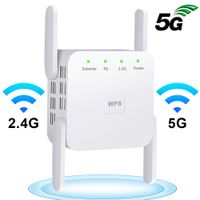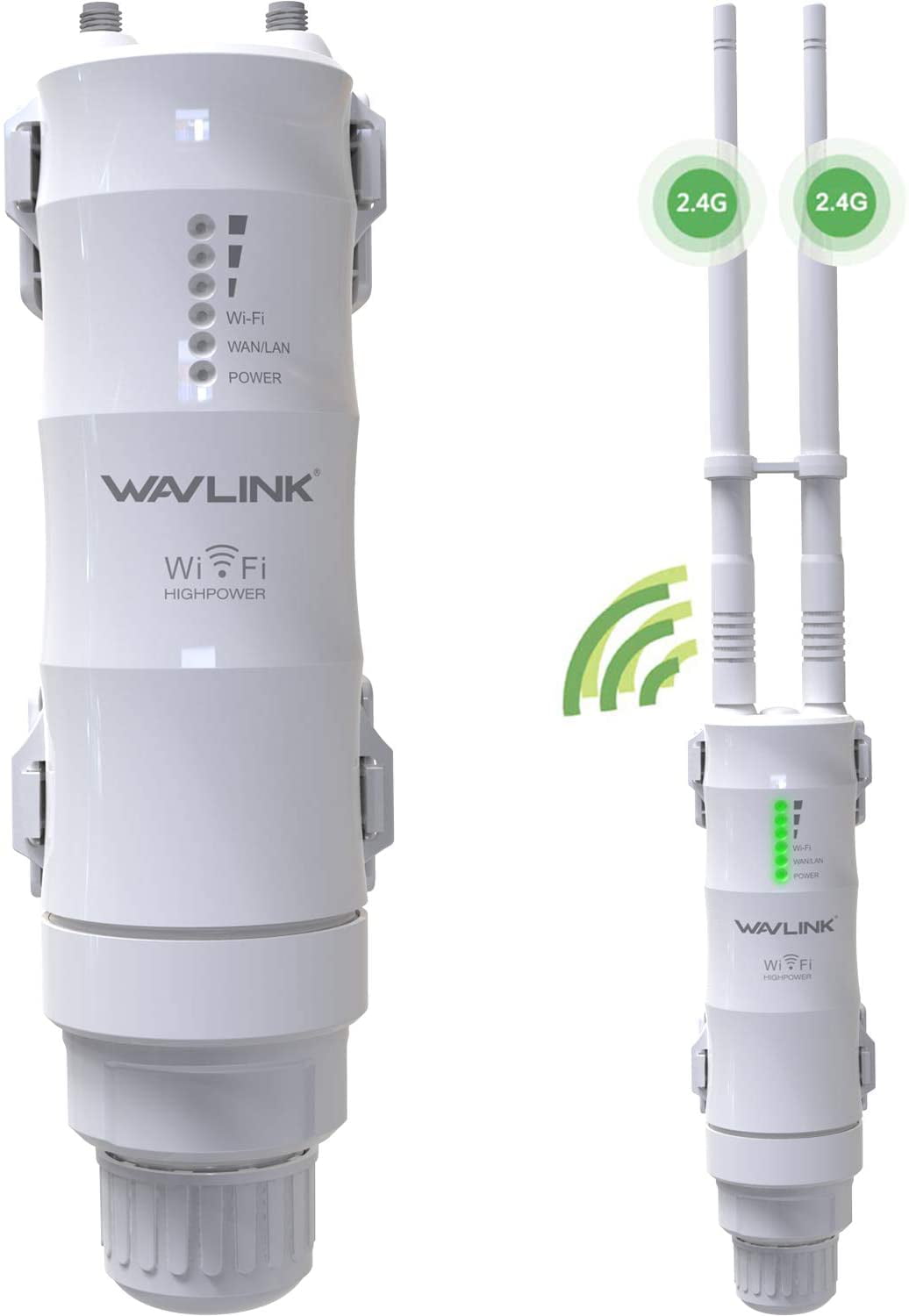
To these users, we recommend the Wi-Fi extender from tomorrow, the Netgear Nighthawk EAX80. Other users will be willing to spend more, especially if they’ve already invested heavily in a powerful wireless router. With a street price, it’s excellent value. It’s a dual-band 802.11ac device that can spread 1.75 Gbps of bandwidth across all of your devices. Which one should you buy? For most users, the TP-Link RE450 is ideal.

Many of the Wi-Fi extenders recommended in this review are able to extend your network without sacrificing bandwidth. “Powerline” extenders provide a convenient way of achieving that using existing electrical wiring. Another approach is for the extender to communicate with your router over a wired connection. Netgear’s Fastlane technology is a good example. If it carries out both conversations on the same channel or frequency, your bandwidth is effectively halved.Īn extender with multiple bands can help, but ideally, the device will dedicate one band to communicate with your router so the full speed of the others is available to your devices. Not only does it need to talk to all of your devices in that part of your home, it also needs to communicate to the router itself. That’s because a Wi-Fi extender carries on twice the number of conversations as a router. Take that into account when deciding which one to purchase. But while extending your coverage, many extenders will also significantly slow it. These more affordable devices capture your router’s Wi-Fi signal, amplify it, and transmit it from a different location. If you’re otherwise happy with your router, you can increase its range by purchasing a Wi-Fi extender.


Do you have whole areas of your home that don’t get reliable internet? It’s frustrating! If your Wi-Fi coverage is lacking, it may be time to purchase a better WiFi router.


 0 kommentar(er)
0 kommentar(er)
